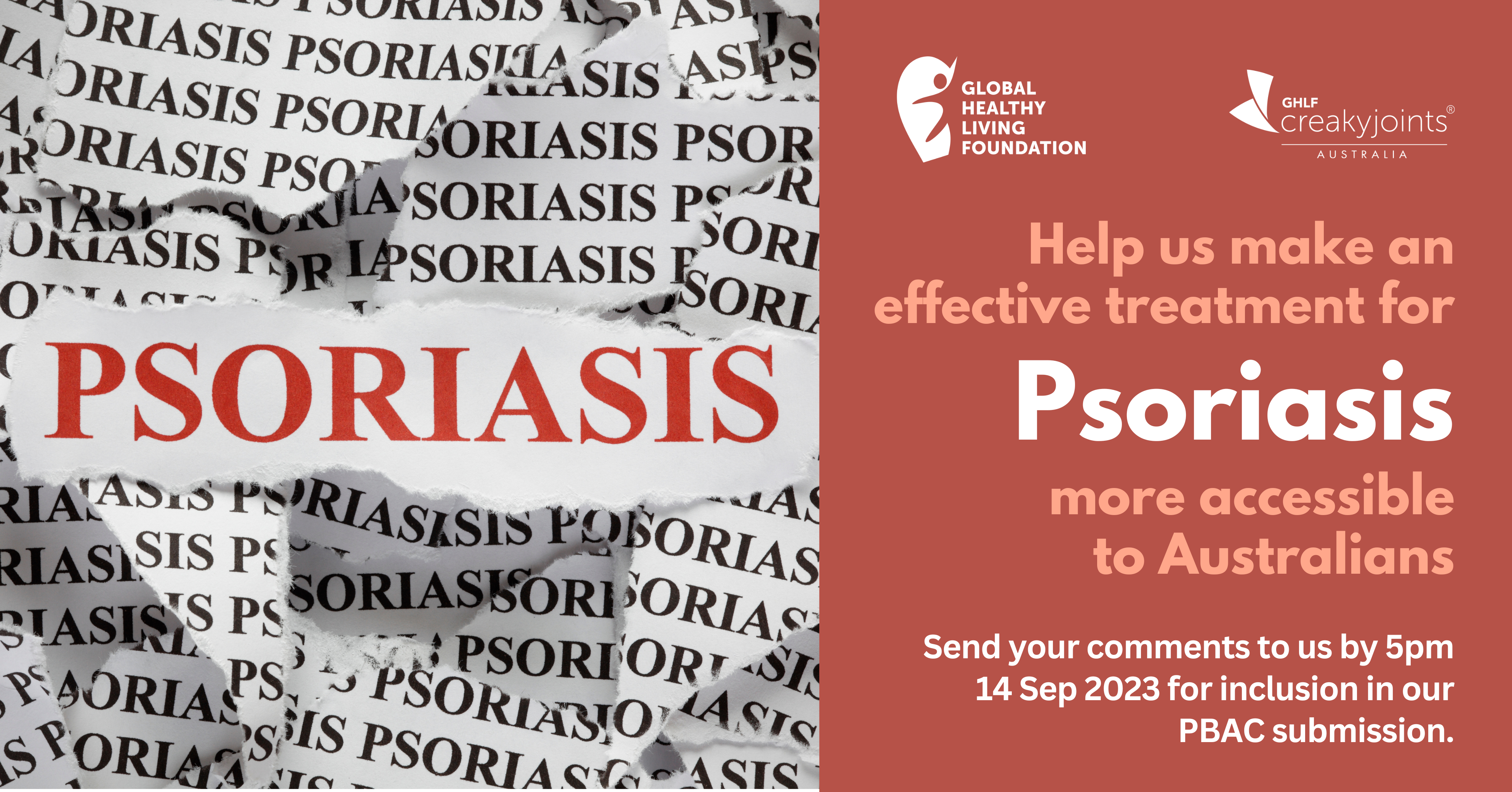PatientSpot helps you track your medications and symptoms, provides educational resources and can be used in health research. ....... Read more >
Living with psoriasis? The related conditions you should know about
Living with psoriasis? The related conditions you should know about
Living with psoriasis can increase your risk of developing other conditions. We look at what these conditions are and how they relate to psoriasis.
by Rosemary Ainley, 25 June 2025
Psoriasis is known for the symptoms you see on the skin, but this condition runs deeper than that. It is an autoimmune disease that occurs when the immune system malfunctions and starts attacking healthy cells — usually skin cells — instead of targeting foreign bodies like bacteria and viruses.
In autoimmune conditions, inflammation can spread throughout the body. So, while it may primarily affect specific areas, such as the skin or joints, it can also spread into others including blood and fat cells. The longer that inflammatory immune cells remain in each area, the more damage they can do. This increases the risk of other conditions (called comorbidities) developing.
The most common psoriasis comorbidities are those that share disease pathways, especially autoimmune conditions, metabolic disorders and cardiovascular diseases.
Common psoriasis comorbidities
Some of the conditions associated with psoriasis include:
- Psoriatic arthritis
- Inflammatory bowel disease
- Diabetes
- Metabolic syndrome
- Obesity
- High blood pressure
- Stroke
- Osteoporosis
- Infections
- Depression
- Anxiety
Comorbidity risk factors
Factors that may increase your risk of developing comorbid conditions include:
- Genetics and family history: Many conditions are linked to the same genes or genetic groups. Some condition groups can also appear more frequently within biological families. However, having a genetic predisposition for a condition does not automatically mean you will develop it.
- Lifestyle habits: Factors such as smoking, excessive alcohol consumption, poor diet and lack of regular exercise can all compound your risk of developing comorbidities.
- Other lifestyle factors: Prolonged stress and poor sleep can affect your overall health and weaken your immune system.
- Medications: Certain psoriasis treatments (such as methotrexate and cyclosporine) can increase the risk of developing or worsening comorbidities. In most cases, the benefits of these treatments far outweigh the risks.
For most people who have psoriasis comorbidities, the reason is likely to be a combination of these and other unknown factors.
Although you might not be able to change some of these risk factors, there are ways you can help to lower your risk. For example, eating a healthy diet and reducing your smoking and alcohol consumption will help your body to function more effectively. Doing your best to manage stress and doing some form of regular exercise as much as your conditions and circumstances allow will also benefit your overall health.
It is important to remember that having psoriasis does not automatically mean that you will develop any comorbidities. The risk level is different for everyone.
However, what you CAN do is be aware of your risks, keep an eye out for any new or unusual symptoms and discuss any concerns with your treating doctors.
Psoriasis comorbidity information at your fingertips
Our Psoriasis Education and Resource Hub is packed with practical information about psoriasis such as our new Psoriasis comorbiditiessection. Here, we have summarised some of the most common conditions that share disease pathways with psoriasis and grouped them into broad categories.
Our hub also features:
- Facts about the causes and types of psoriasis
- Information on psoriasis treatments and how to build your healthcare team
- Stories from people who live with psoriasis and psoriatic arthritis
- Articles about living well with psoriasis
Living with psoriasis can be hard at times and can impact your mental health so we’ve included some tips to help you in that respect as well.
We believe that the more you know about psoriasis, the better you can manage it so check out our Psoriasis Education and Resource Hub today.
Disclaimer: This information should never replace the information and advice from your treating doctors. It is meant to inform the discussion that you have with healthcare professionals, as well as others who play a role in your care and well-being.
Further reading
Psoriasis: why starting (and staying on) treatment matters
Psoriasis, psoriatic arthritis and hair loss: its causes and what to do about it
Psoriasis patient stories
CreakyJoints Australia: Managing exercise, diet and stress
CreakyJoints Australia: Government support for people with chronic conditions





This Post Has 0 Comments